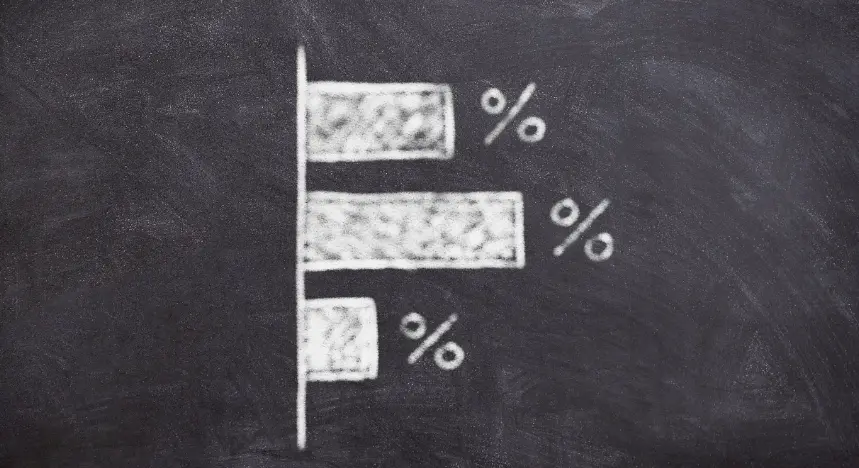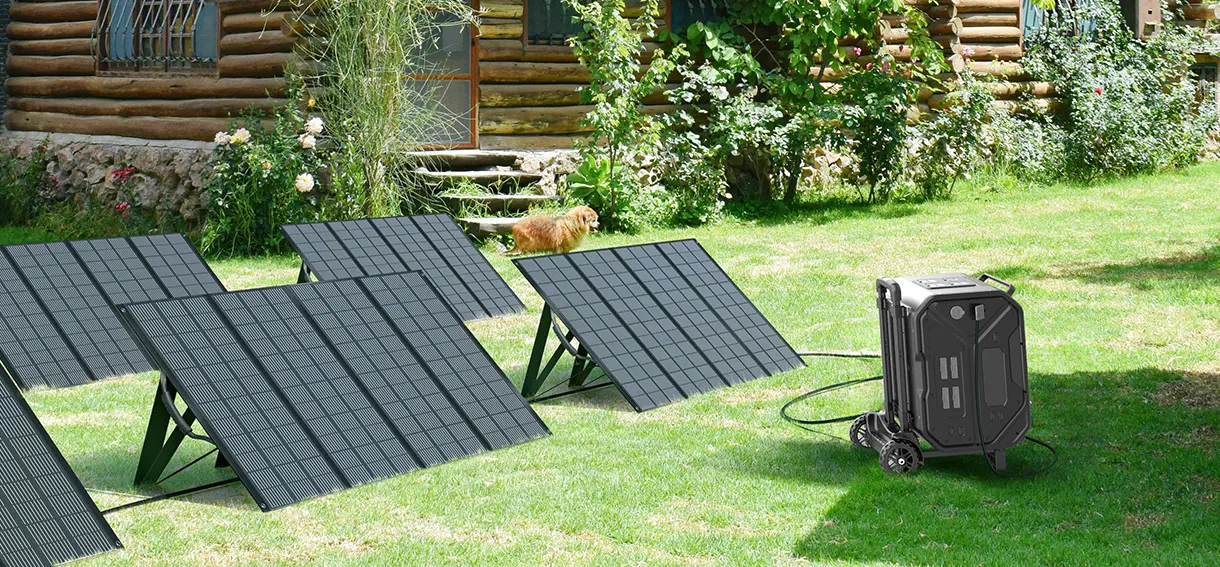The transition towards renewable energy sources has seen a significant rise in the adoption of solar power systems. One critical component of these systems is the solar battery, which stores energy generated by solar panels for use during non-sunny periods or peak usage times. However, one of the most frequently asked questions by potential buyers is: “What is the price of a solar battery?” This article aims to provide a comprehensive overview of the factors influencing solar battery prices and what consumers can expect when investing in this technology.

Factors Influencing Solar Battery Prices
Battery Capacity
The capacity of a solar battery, measured in kilowatt-hours (kWh), directly impacts its cost. Higher capacity batteries can store more energy, making them suitable for larger homes or businesses but also more expensive. For instance, a 10 kWh battery will generally be more costly than a 5 kWh battery.
Battery Chemistry
Different types of batteries come with varying price tags. Lithium-ion batteries are currently the most popular due to their efficiency and longer lifespan, but they are also more expensive compared to lead-acid batteries. Other advanced technologies like solid-state batteries are emerging, potentially affecting future pricing trends.
Brand and Quality
Established brands with a reputation for quality and reliability often charge a premium for their products. While it might be tempting to opt for cheaper alternatives, investing in a reputable brand can offer better performance, warranty, and customer support.
Installation Costs
The price of the battery itself is just one part of the total cost. Installation fees can vary based on the complexity of the setup, location, and labor rates. It’s essential to get a detailed quote that includes all associated costs.
Government Incentives and Rebates
Various governments offer incentives, rebates, or tax credits to promote the adoption of renewable energy. These financial aids can significantly reduce the overall cost of installing a solar battery system. Be sure to research available programs in your area.

Average Price Range
As of 2023, the price of solar batteries can range widely depending on the factors mentioned above. On average, you can expect to pay between $500 to $1,000 per kWh of storage capacity. Therefore, a typical 10 kWh battery might cost anywhere from $5,000 to $10,000. Including installation and other ancillary costs, the total expenditure could range from $7,000 to $15,000.
Long-term Savings and ROI
While the initial investment may seem steep, it’s crucial to consider the long-term savings and return on investment (ROI). Solar batteries can significantly reduce electricity bills by storing excess energy generated during the day for use at night or during peak hours when electricity rates are higher. Additionally, they provide a reliable backup during power outages, adding value to households and businesses alike.
Conclusion
The price of a solar battery is influenced by multiple factors including capacity, chemistry, brand, installation costs, and available government incentives. While the upfront cost may be substantial, the long-term benefits, including reduced electricity bills and increased energy independence, make it a worthwhile investment for many. As technology advances and market competition increases, we can expect solar battery prices to become more affordable, further accelerating the shift towards renewable energy solutions.
Investing in a solar battery today not only contributes to environmental sustainability but also offers financial benefits in the long run. Make sure to do thorough research and consult with professionals to find the best solution tailored to your needs and budget.